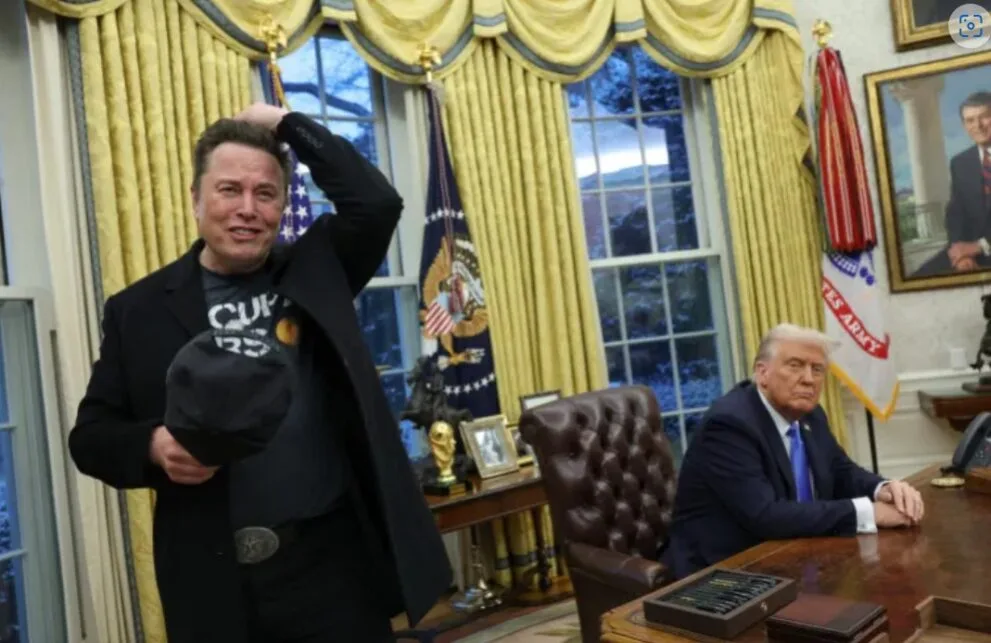Should the United States implement all the tariffs it has threatened for next month, it would not be feasible for these tariffs to accumulate into a single exorbitant total, correct? This assumption is incorrect, according to the Trump administration.
On Tuesday, the White House indicated that if all proposed trade measures are enacted in March, tariffs would indeed be stacked, potentially reaching a cumulative rate of 50 percent on certain goods.
Currently, the U.S. is contemplating two specific actions: a global tariff of 25 percent on steel and aluminum set to commence on March 12, and a temporary suspension, until March 4, of a proposed economy-wide 25 percent tariff on Canada and Mexico while negotiations regarding border security are ongoing with both nations.

In response to inquiries regarding the interaction of these measures, a White House official stated: “If the previously paused tariffs are reinstated, they would accumulate, resulting in a total of 25 percent [plus] 25 percent.”
Simultaneously, President Donald Trump is threatening additional tariffs for various reasons, including those targeting automobiles. Collectively, these threats suggest a potential financial burden so significant that it raises questions about the authenticity of these measures versus their role as leverage in negotiations.
The United States has a substantial dependence on Canadian aluminum, and opponents of the tariffs contend that they will primarily harm U.S. companies that rely on this essential product for the foreseeable future.
A White House aide to Trump asserted on Tuesday that the United States has legitimate concerns it aims to address within the metals sector, believing that tariffs could be a viable solution.
Peter Navarro noted that U.S. aluminum mills are functioning at approximately 50% capacity, whereas Canadian mills are operating at nearly full capacity. This initiative is intended to rectify that imbalance.
Navarro pointed out that prior exemptions from tariffs, including those granted to Canada and Mexico in 2019, have proven ineffective, leading to Trump’s decision to implement a global tariff.
“The steel industry in the U.S. is struggling significantly. The aluminum sector is in dire straits,” Navarro stated during an interview.
“The president has declared that there will be no more exemptions for countries or products.”

Navarro emphasized that the challenges faced by U.S. mills are not solely due to overproduction from China and Russia. “It involves all of our allies and friends to whom we extended special treatment. Instead of adhering to the established rules, they exploited them.”
He specifically mentioned Brazil, Japan, and Australia. When the interviewer from Fox News raised the issue of Canada, Navarro expressed concerns regarding Canadian government investments aimed at modernizing an aging ArcelorMittal Dofasco steel facility in Hamilton, arguing that this provided an unfair advantage to Canadian producers.
“Why are you inundating our markets?” Navarro questioned. “We require a robust defense industry, not only to safeguard the United States but also to protect allies like Canada.”








